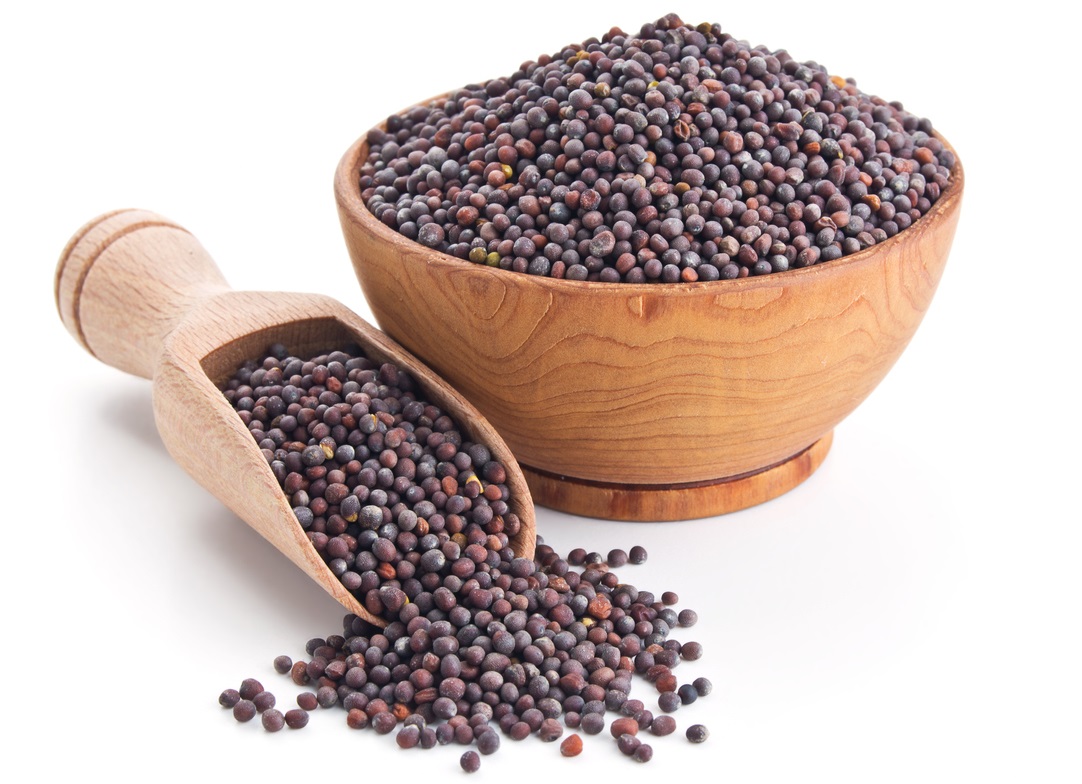
Researchers Decode Black Mustard Seed Genome Using New Sequencing Technology
August 12, 2020| |
The University of Saskatchewan announced that its team was able to decode the black mustard seed genome using a new technology called Nanopore, which they say can also work for any crop.
Nanopore is a new genome sequencing technology that results in very long reads of DNA and RNA sequences. The technology provides a clearer, higher resolution view of the plant's genes and enables a more defined identification of which genes are responsible for specific traits. Using this technology, the researchers were also able to uncover direct evidence of functional centromeres which are chromosome parts essential to plant fertility. They were also able to identify regions of the genome that were previously hard to detect, most notably novel structural variations that control many key agronomic traits. Decoding the black mustard seed genome also allowed the researchers to investigate multiple copies of specific genes in the sequence, which could mean that certain traits, fungal resistance, for example, could be strongly expressed through several genes.
The researchers say that the new technology can generate a genome sequence that works for any crop while still providing the same quality of genomic data. Through easier selection of genes for specific desired traits, more advanced and efficient breeding of oilseed mustard crops is possible. The technology can also provide a foundation for improved breeding of wheat, canola, and fruits.
Read the news release from the University of Saskatchewan.
| |
You might also like:
- German Researchers Decode European Maize Genome
- Scientists Decode DNA Secrets of World's Toughest Bean
- Scientists Decode the Genetic Basis of Floret Fertility in Wheat
Biotech Updates is a weekly newsletter of ISAAA, a not-for-profit organization. It is distributed for free to over 22,000 subscribers worldwide to inform them about the key developments in biosciences, especially in biotechnology. Your support will help us in our mission to feed the world with knowledge. You can help by donating as little as $10.
-
See more articles:
-
News from Around the World
- FAO: Global Food Prices Rise in July
- Experts Urged to Consider Audience Values when Communicating about Gene Technologies
- Third Breakthrough Shows Photosynthetic Hacks Boost Yield and Conserve Water
- Study Finds Decline in Plant Breeding Programs in the US, Possible Impact on Food Security
- FSANZ Calls for Comments on Food Derived from GM Corn DP202216
-
Research Highlights
- Punjab-wide Survey of Bt Cotton Fields Reveal Variations in Cry Protein Accumulation
- Researchers Decode Black Mustard Seed Genome Using New Sequencing Technology
-
Plant
- Researchers Review Genome Editing Strategies Used in Developing Rice Disease Resistance
- Kansas State University and University of Saskatchewan Team Up to Improve Wheat Using CRISPR
- CRISPR Dominates Genome Editing Market, TALENs Projected to Grow until 2025
-
Health
- National Survey Says Most Americans Willing to Vaccinate Against COVID-19
- Human Immune System Responds to Plant-derived SARS-CoV-2 Antigens
-
Read the latest: - Biotech Updates (December 17, 2025)
- Gene Editing Supplement (December 17, 2025)
- Gene Drive Supplement (February 22, 2023)
-
Subscribe to BU: - Share
- Tweet

